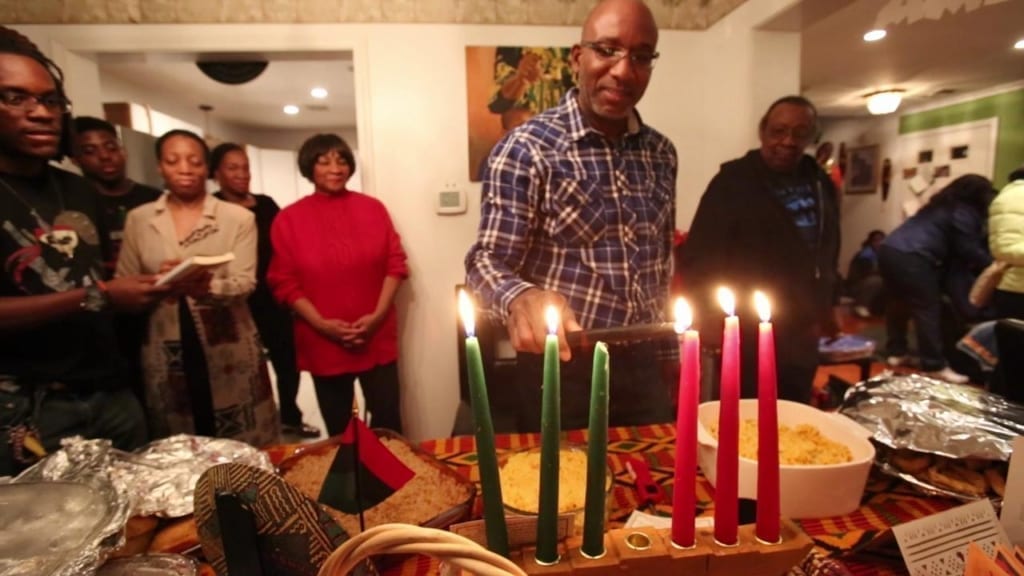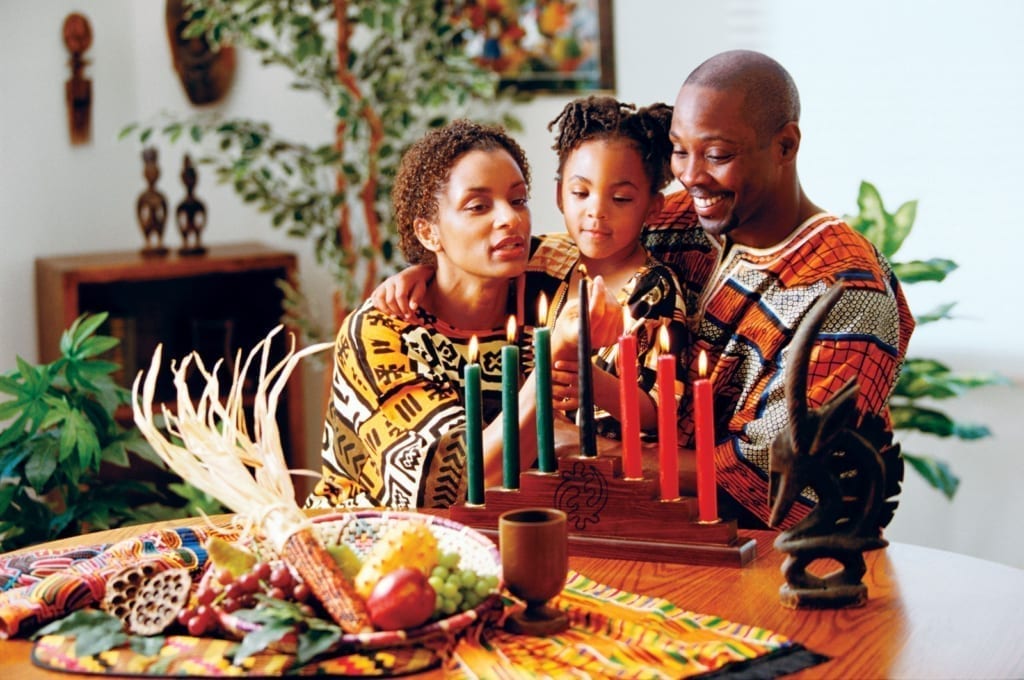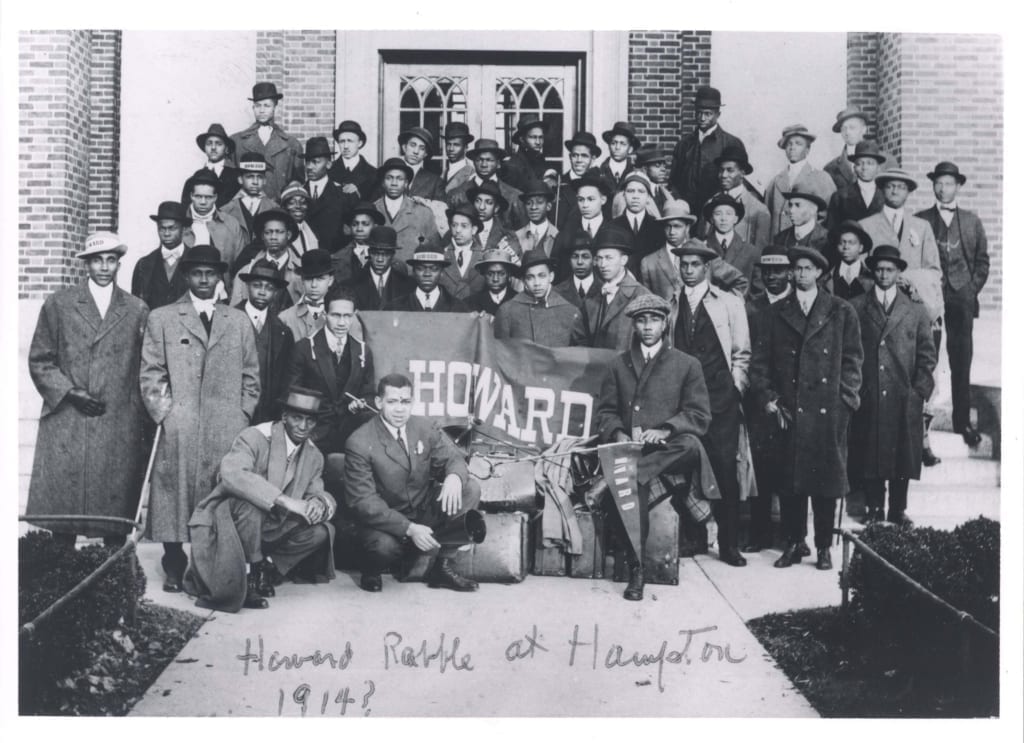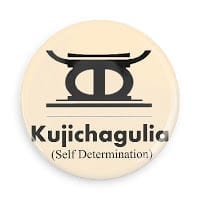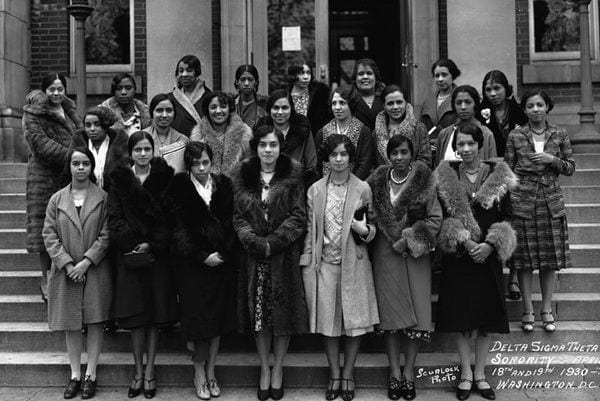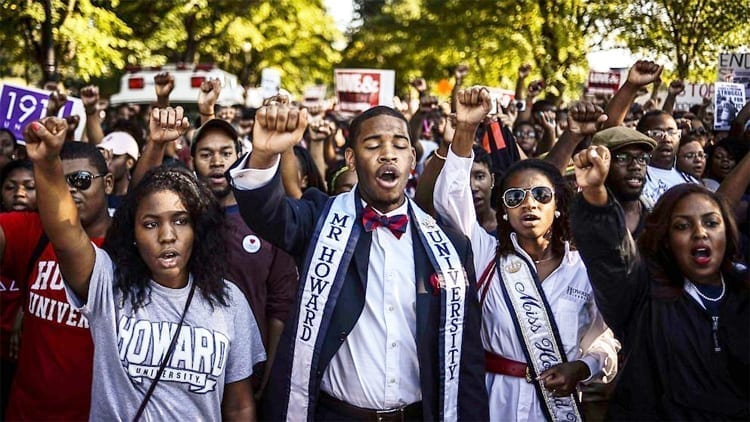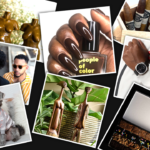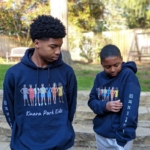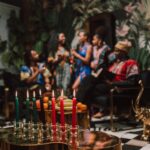In the spirit of Kujichagulia, which just happens to be my favorite principle, and the fact that I’m co-founder of a startup where we celebrate Blackness 365 of the year, I felt that we’d be remiss if we didn’t acknowledge the celebration for what it’s worth. Founded in 1966, this year marks the 50th anniversary of the Pan-African holiday. For the next several days we’ll be posting various tidbits about Kwanzaa and sharing insight from various Biggity Blackists. Happy Kwanzaa!
– Shantrelle P. Lewis
Day 2: KUJICHAGULIA | SELF-DETERMINATION
Self-Determination. Agency. Commanders of our own destiny. Taking our lives, our realities and that of our children and our people into our own hands and creating the world that we want to see. Nothing illustrates this more than our Historically Black Colleges and Universities. Founded in the mid 19th century to educated the formerly enslaved, these hallmark institutions are still responsible for educating some of the brightest minds history has ever seen.
During the period that A Different World aired on television, droves of young Black teenagers were enrolling in Black centers of higher education. Today, it’s important that we continue to encourage young people to attend HBCUs as well as donate the institutions we graduated from if we are indeed alumni. Kujichagulia means taking our collective destiny into our own hands.
Why do you still celebrate/acknowledge/practice Kwanzaa? Biggity Black Friend #2: Jenga Mwendo
I’ve celebrated Kwanzaa all my life, so it’s not odd that I would still celebrate it today. However, it’s become more important and intentional for me now that I have a daughter. Kwanzaa focuses on principles (the Nguzo Saba) that are not only positive but critical for us to thrive as a people – unity, self-determination, collective work and responsibility, familyhood and cooperative economics, purpose, creativity, and faith.
How beautiful to have a time set aside every year to celebrate these principles as a family and community? Kwanzaa also focuses on celebrating our history and achievements, and our African heritage. How beautiful to intentionally come together at the end of the year and recognize our brilliance as a people and our connection to the Motherland?
When I was a kid, Kwanzaa was basically brand new. The way we celebrated in our family was very “by the book”, very educational, and stiff. It was missing what makes holidays like Christmas endearing and lasting – fun, food, music and affection. So, each year, I try to work on my Kwanzaa game. I try to find ways to make it something that my daughter looks forward to. I’ve created a Kwanzaa playlist of both explicitly “Kwanzaa” music and positive message music.
It’s so uplifting to fill the day with music that imbues self-pride, confidence, hope and joy. We spend time together, set up the Kwanzaa table together and make gifts for family members. I haven’t figured out yet how to make the educational part enjoyable…so my daughter still rolls her eyes when it’s time to talk about Black history. But, hopefully, that’s the part she will appreciate, even if she doesn’t like it immediately.
Every year, my whole family gets together for Kuumba, which is on New Year’s Eve. My sister started this tradition of vision boarding for the New Year. It’s a great way to come together as a family and set intentions for the future.
– Jenga Mwendo, New Orleans, Louisiana
KUJICHAGULIA SOUNDTRACK
Nothing says Self-Determination more than Solange’s F.U.B.U.
KWANZAA 101
Nguzo Saba (Seven Principals)
Day 1: Umoja (Unity): To strive for and to maintain unity in the family, community, nation, and race.
Day 2: Kujichagulia (Self-Determination): To define and name ourselves, as well as to create and speak for ourselves.
Day 3: Ujima (Collective Work and Responsibility): To build and maintain our community together and make our brothers’ and sisters’ problems our problems and to solve them together.
Day 4: Ujamaa (Cooperative Economics): To build and maintain our own stores, shops, and other businesses and to profit from them together.
Day 5: Nia (Purpose): To make our collective vocation the building and developing of our community in order to restore our people to their traditional greatness.
Day 6: Kuumba (Creativity): To do always as much as we can, in the way we can, in order to leave our community more beautiful and beneficial than we inherited it.
Day 7: Imani (Faith): To believe with all our hearts in our people, our parents, our teachers, our leaders, and the righteousness and victory of our struggle.
Traditional Kwanzaa symbols include Kinara (candle holder), Muhindi (corn), Mkeka (candle holder), Kikombe cha Umoja (unity cup), Zawadi (gifts), Mishumaa Saba (seven candles), mazao (crops) and Muhindi (corn) which are placed on a mat (Mkeka).
